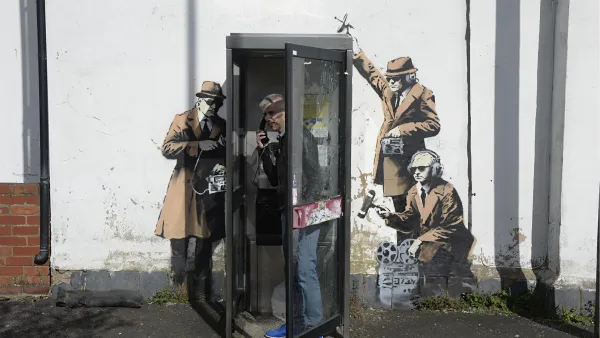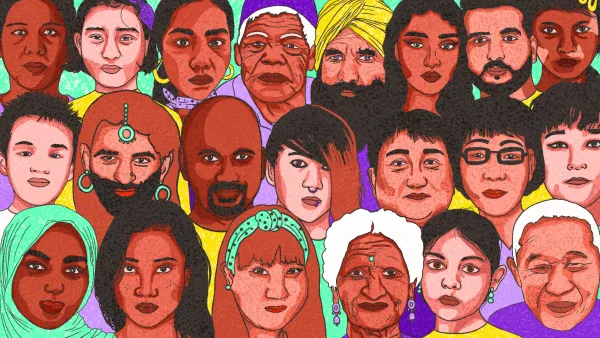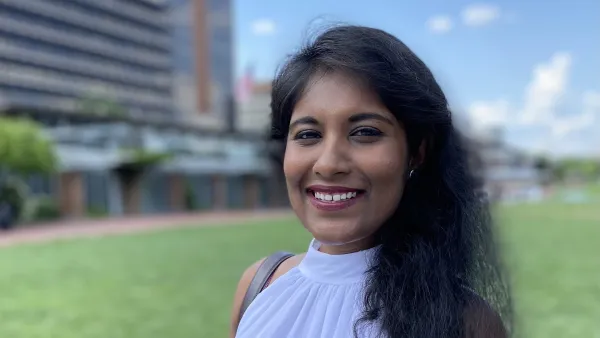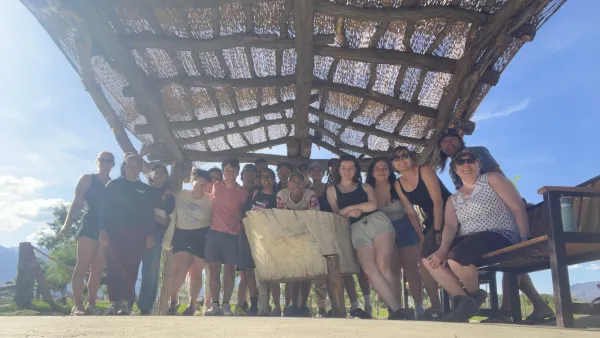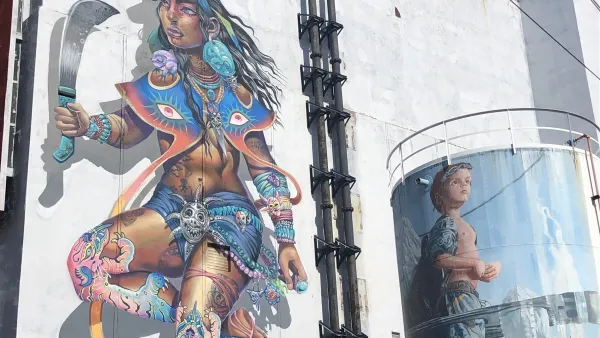L98 AMCS 3192 Surveillance & the City
In 2014, the urban street artist Banksy painted a mural of three government agents flanking a public telephone booth, each using spy gadgets to listen, record, and transmit a copy of the conversation had within. His work reflects the emergent concerns of citizen surveillance in Western democracies and the techno-logics of 21st-century political reality, where persistent monitoring, invisible identification, and data collection are features of both government control and data-driven capitalism.
The rise in technological sophistication in both the capture and assessment of data makes adoption at scale by city governments affordable and relatively noncontroversial. But as the surveillance of bodies, habits, associations, and identities becomes more naturalized in the governing and policing institutions of urban areas, legal safeguards lag behind, concepts like privacy and security become fuzzier, and existing inequalities of race and class become hardcoded in the techno-systems supposedly designed as neutral tools.
This fieldwork class will explore St. Louis as a landscape of the always observed, from community-level realities to online experiences. Readings and class discussions will be complemented by field trips to sites in the St. Louis region to interrogate the practice of observation in situ among different zip codes and communities where the blanketing presence of surveillance practices and surveillance technology warps a relationship to place; amplifies racial, cultural, and class inequalities and disenfranchisements; consolidates social and political control; and replaces human accountability with the veneer of the objective and rational machine.

